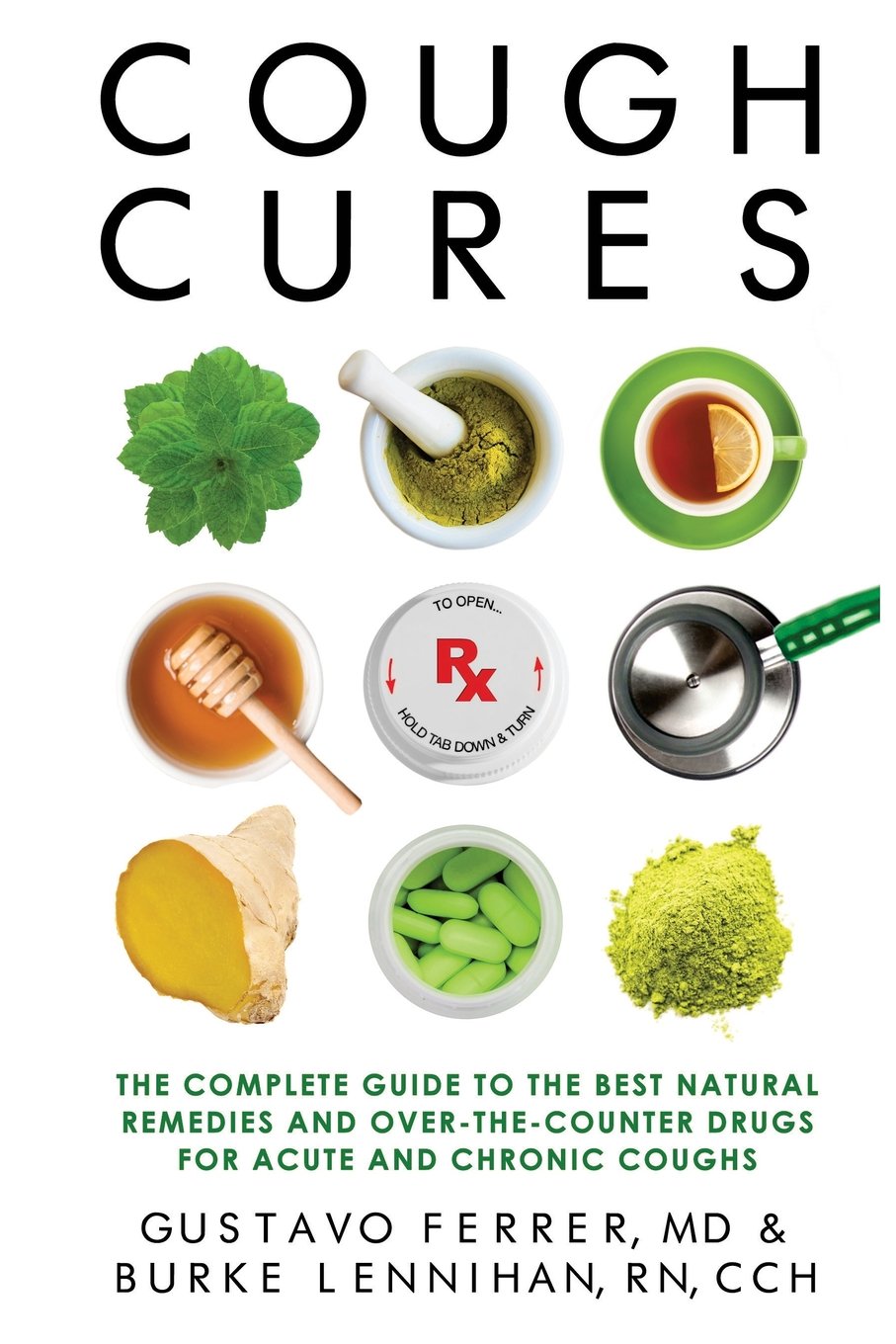
In the video above, Dr. Berg discusses effective remedies for eliminating coughs within a five-minute timeframe, addressing both mucus and dry coughs. He emphasizes the importance of understanding the underlying causes of coughing, which can include postnasal drip, allergies, colds, asthma, and environmental irritants. Rather than merely suppressing the cough with medications, the video suggests remedies that target the root causes. Dr. Berg highlights the role of vitamin D in lung health, particularly in relation to asthma, and provides an effective nebulizer remedy using N-acetyl cysteine (NAC) and magnesium to relieve cough symptoms promptly. The video concludes with additional suggestions for managing coughs, including the use of black seed oil and maintaining adequate humidity levels.😷
Highlights

💊 Root Cause Focus: Stresses that coughs are defense mechanisms and highlights the importance of addressing their underlying causes rather than merely suppressing symptoms.
🦠 Vitamin D’s Role: Discusses the significance of vitamin D in preventing asthma and supporting lung health.
💧 Humidity’s Importance: Notes how low humidity can exacerbate coughing and suggests using humidifiers to improve air quality.
🔬 Effective Remedies: Introduces NAC and magnesium nebulizer solution as a potent remedy for cough relief.
🍯 Complementary Natural Remedies: Mentions honey, ginger tea, and other natural treatments as part of a comprehensive approach.
🌱 Holistic Approach: Encourages a holistic strategy that includes dietary adjustments and environmental considerations for optimal respiratory health.
Key Insights

🌞 Vitamin D and Lung Health: Emphasis on vitamin D’s crucial role in lung development and function. A deficiency in vitamin D is linked to higher rates of asthma in children, suggesting that adequate Vitamin D levels can not only prevent asthma but also help manage existing respiratory conditions. This insight underscores the importance of monitoring vitamin D intake, especially in regions with limited sunlight.
💨 Environmental Factors: The video highlights how environmental factors, such as low humidity and exposure to irritants like smoke or chemicals, can contribute to chronic coughing. Maintaining a humidity level above 30% is essential to prevent throat and sinus drying, which can lead to irritation and persistent coughs. Utilizing humidifiers and ensuring clean air quality in living spaces can significantly alleviate coughing symptoms.
🥄 NAC and Magnesium Nebulizer Treatment: The combination of N-acetyl cysteine (NAC) and magnesium in a nebulizer is presented as a highly effective remedy for both mucus and dry coughs. NAC acts as a powerful antioxidant that breaks down mucus, while magnesium aids in the proper functioning of vitamin D and calcium regulation in the body. This combination offers a rapid, targeted approach to relieve cough symptoms while addressing potential deficiencies.
🍵 Complementary Remedies: Endorsement of various natural remedies such as honey, ginger tea, thyme, and saltwater gargles as supportive treatments for coughs. While these remedies may not provide immediate relief, they contribute to overall respiratory health and can be integrated into a broader strategy for managing cough symptoms.
⚖️ Importance of Calcium and Magnesium Balance: The video explains the relationship between calcium levels and cough reflexes, particularly in cases of laryngeal spasms. Low calcium can lead to improper nerve signaling in the throat, causing coughing. Ensuring adequate magnesium intake is essential, as it helps facilitate calcium absorption and utilization, making it a critical component in managing coughs effectively.
🌱 Holistic Lifestyle Adjustments: Finally, Dr. Berg encourages viewers to adopt a holistic approach to cough management, which includes lifestyle and dietary improvements. Regular consumption of vitamin D-rich foods or supplements, maintaining a clean and humid environment, and avoiding known triggers can enhance respiratory health and reduce the frequency of coughs.
Careful Coughing Conclusion




